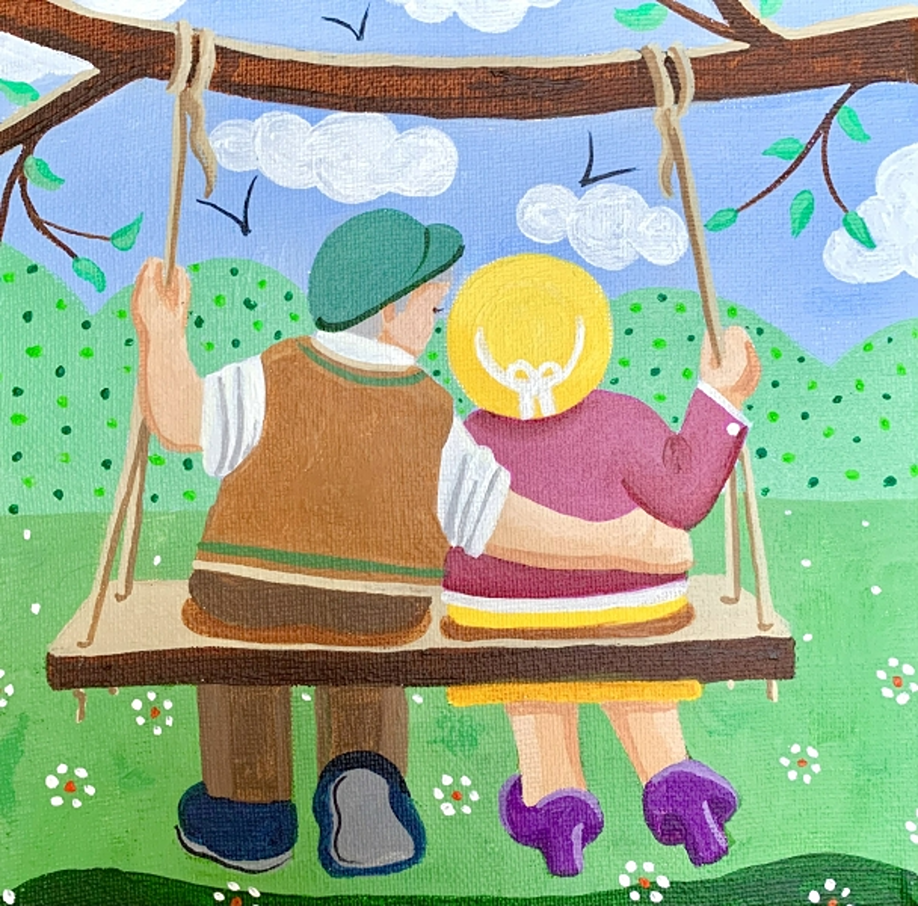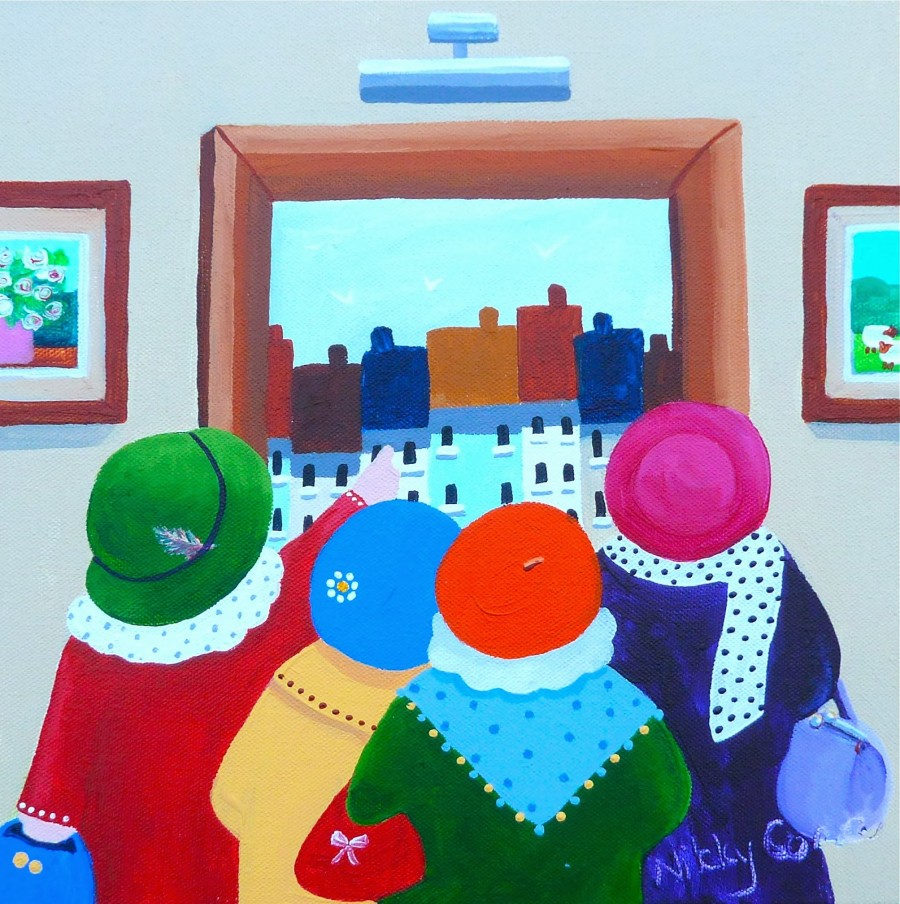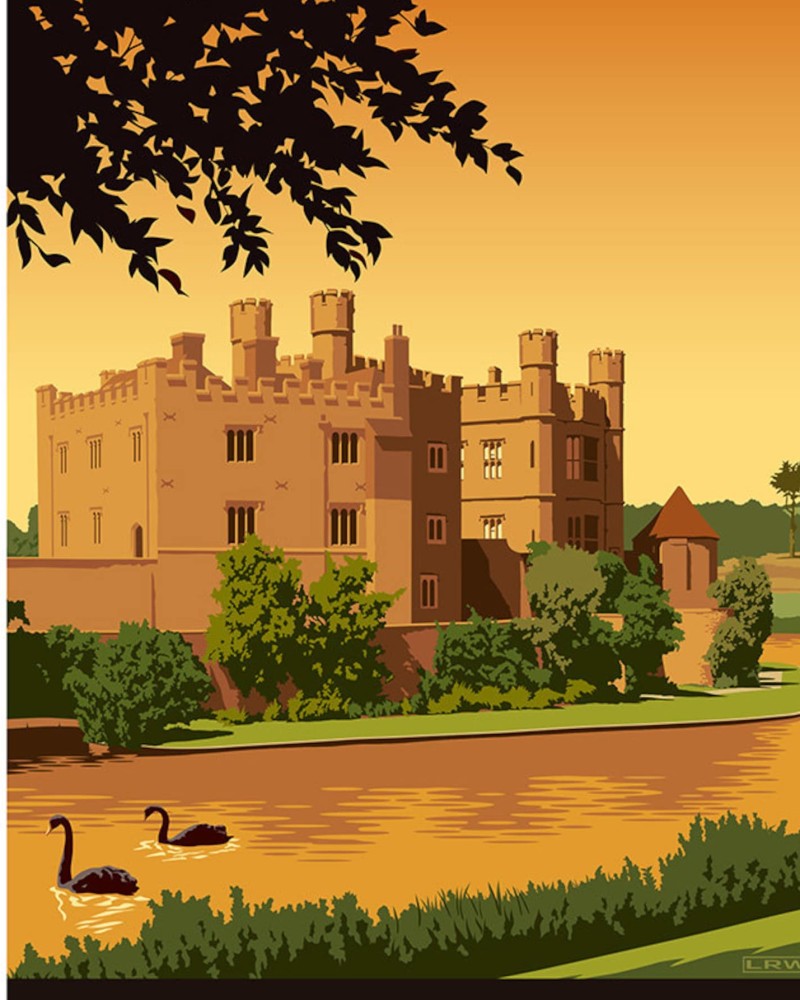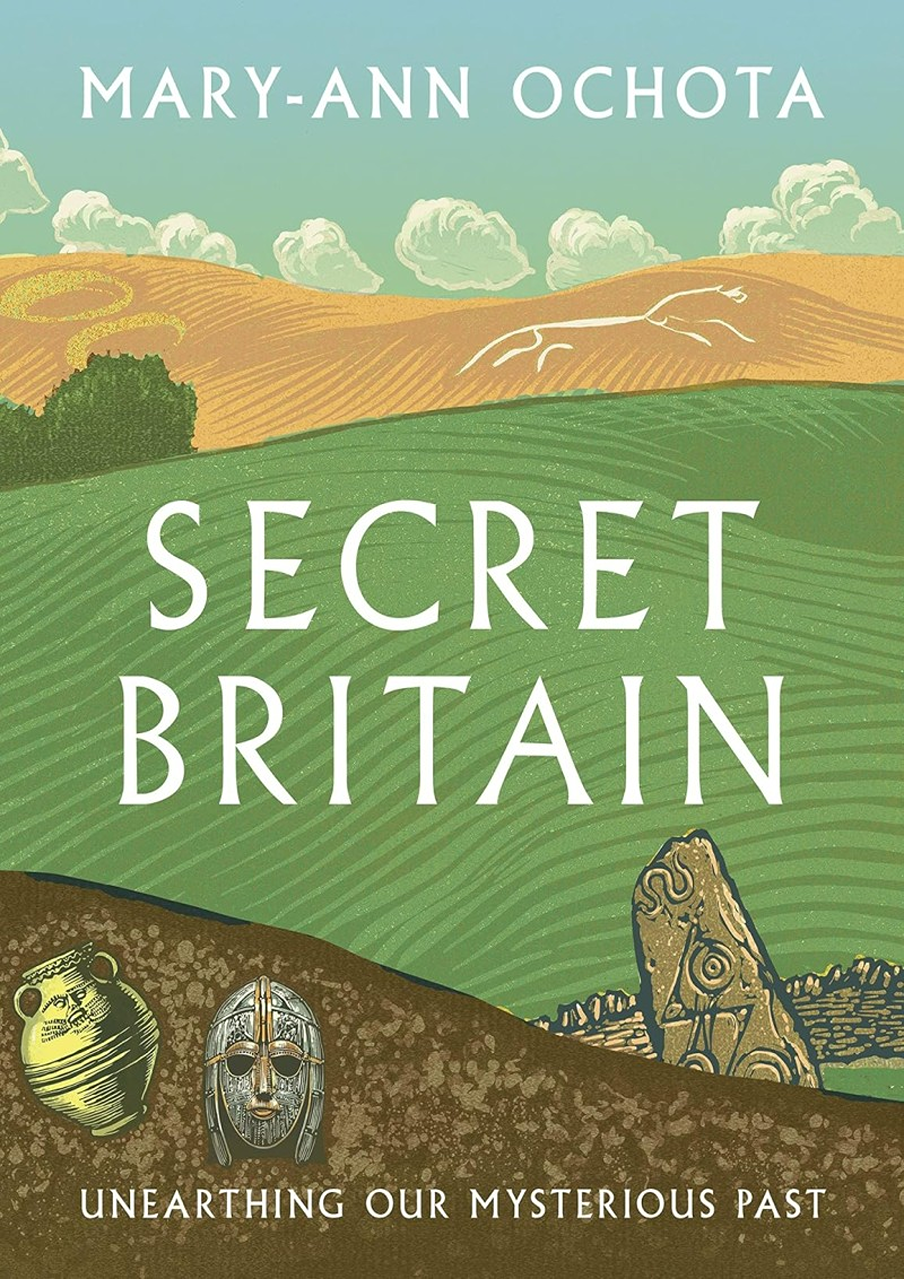Befriending Volunteers (Simple Acts of Kindness)

In the modern world, many people feel disconnected, and we have millions of older people especially who feel lonely. In his book Healthy at 100, John Robbins wrote that the world’s longest-living cultures all had one thing in common: nobody felt lonely. There was always a relative or someone in the community to talk to.
Even though many of us are introverted hermits, it’s still good for communities to connect. And especially now we have more scattered communities, befriending volunteers play a vital role.
A befriending network is simply where volunteers connect with those who may be struggling alone, to offer companionship, sometimes just a chat on the phone.
Volunteers who like to socialise either call or visit lonely people, and sometimes there are group gatherings instead. Most volunteers undergo training, to understand the needs of recipients.
Consider becoming a volunteer dog walker. This creates friendships with lonely vulnerable people, and also helps their animal friends too. Blue Cross has trained volunteers to listen, for anyone suffering from grief, after losing a pet.
A Free Phone Befriending Service
The Silver Line is a free phone service run by Age UK, where volunteers provide friendship and conversation 24 hours a day (7 days a week) to anyone over 55 who is feeling isolated or lonely.
A wonderful way for chatterboxes to volunteer, many widowed and disabled people often don’t see other people for days. And although some people like to be alone, others may enjoy a chat and a cup of tea over the phone.
All calls are confidential (recorded for training and in case there are legal or safety concerns). So the recipient can speak to someone in the middle of the night, and they can’t sleep.
England’s National Befriending Networks

England has many befriending networks, where volunteers can visit you in person (or accompany you to trips out or even the doctor).
Befrienders usually contact matched service users at home or over the phone for 30 minutes a week, sometimes they meet at local cafés or at drop-in events. Others visit people in care homes.
Volunteers drop in for one hour a week, plus it runs social clubs from cooking clubs to mocktail making. All are disabled-friendly and there is a small donation. They are also situated near bus stops, if you have no car or community transport.
The service is formal but sometimes they may find services that could bring benefit like Foodtrain (where volunteers do grocery shopping or do odd jobs around the house or have local people cook an extra meal portion and take it round for a chat) for a £1 membership fee and cost of £5 a month.
Volunteers should have knowledge of local places, a caring and non-judgemental nature, good communication skills and be punctual and able to maintain confidentiality.
Recipients tend to be older who do not receive many visitors other than care work, and can self-refer or be referred by someone else.
b:friend pairs older neighbours with volunteers in the community. Already in Yorkshire and Derbyshire, the founder discovered that millions of people say the TV is their main company and being lonely has higher chance of dementia, falls and GP visits, and costs the economy more money.
The Marmalade Trust (Bristol) offers time-limited one-to-one projects, where trained volunteers make weekly calls to project members for up to 15 weeks, focusing on their specific needs and interests.
The idea is that say the elderly recipient enjoys painting and languages, by the end they would have possibly joined such classes, to independently meet people in their own ‘niche’ of interest, to foster connections thereafter.
Scotland’s No.1 Befriending Agency is different, in that it’s a social enterprise that runs alongside its No.1 Care Agency. For just over £20 an hour (less than most care agencies), it offers staff who can help with a chat, taking medication, going for walks, and a hand with light housekeeping.
Then it offers respite care for more needs, and the money spent is used to funds its free No.1 Befriending Service which is free.
Care Dogs (London) is a befriending charity with a difference. The befriender not only visits you with their friendly dog, but also you can go on walks with both at the same time, getting out in the fresh air for gentle exercise with your new canine friend!
AGE UK’s Befriending Service

Age UK offers a national befriending service in person or by phone. Again this is for 30 minutes a week for 12 months, and you are connected automatically for safety.
You are giving training and safety tips before you begin, If they need assistance, you are given their advice number, so they can call for help on benefits and other information. Find local services near you.
If you need help on other issues, Age Co Advice Line can advise on financial and mental health issues, plus winter heating allowances, housing associations and care homes. Be sure to use a benefits calculator (or have someone do it for you).
Lines are open 365 days a year from 8am to 7pm, One delivery driver called when an older lady answered in a coat and hat. He called age UK and a local person came round to sort out benefits.
The help is out there, it’s just a case of finding people to help them. They also get calls from housing associations to GPs, especially about scammers quoting hundreds of pounds to make simple radiator fixes etc.
Despite the name sounding a bit archaic, this is really is a wonderful organisation. It funds no animal testing and kind of also acts as an alternative Samaritans for people to call if they feel tearful or lonely or bereaved. It has wonderful free services by telephone and in-person, and does amazing work.
An example of someone who runs the telephone advice line in a typical day helps:
- A woman who needs help to apply for Attendance Allowance.
- Helping a person’s father get mobility aids.
- Getting help at home, to avoid going in a care home.
- Concern over care that someone’s relative is receiving.
- How to manage finances, with dementia.
- Concern over a spouse, if he she should die.
- Ordering a free Age UK LifeBook.
- Completing benefits checks.
- Helping to find affordable handyman services.
- Concern over paying care home bills.
Age UK charity shops help to keep the service going. All the shops are run on renewable energy and bags are easy to recycle.
Host Tea Parties For Local Older People
Reengage run social tea parties for people over 75 nationwide. Plus phone befriending and a rainbow call companion service for LGBT+ people who are lonely.
The tea parties have 10 to 15 people, with volunteer drivers who collect people and take them home. These happen monthly at a volunteer’s house on Sundays.
For cooking, read our post on food safety for people & pets.





